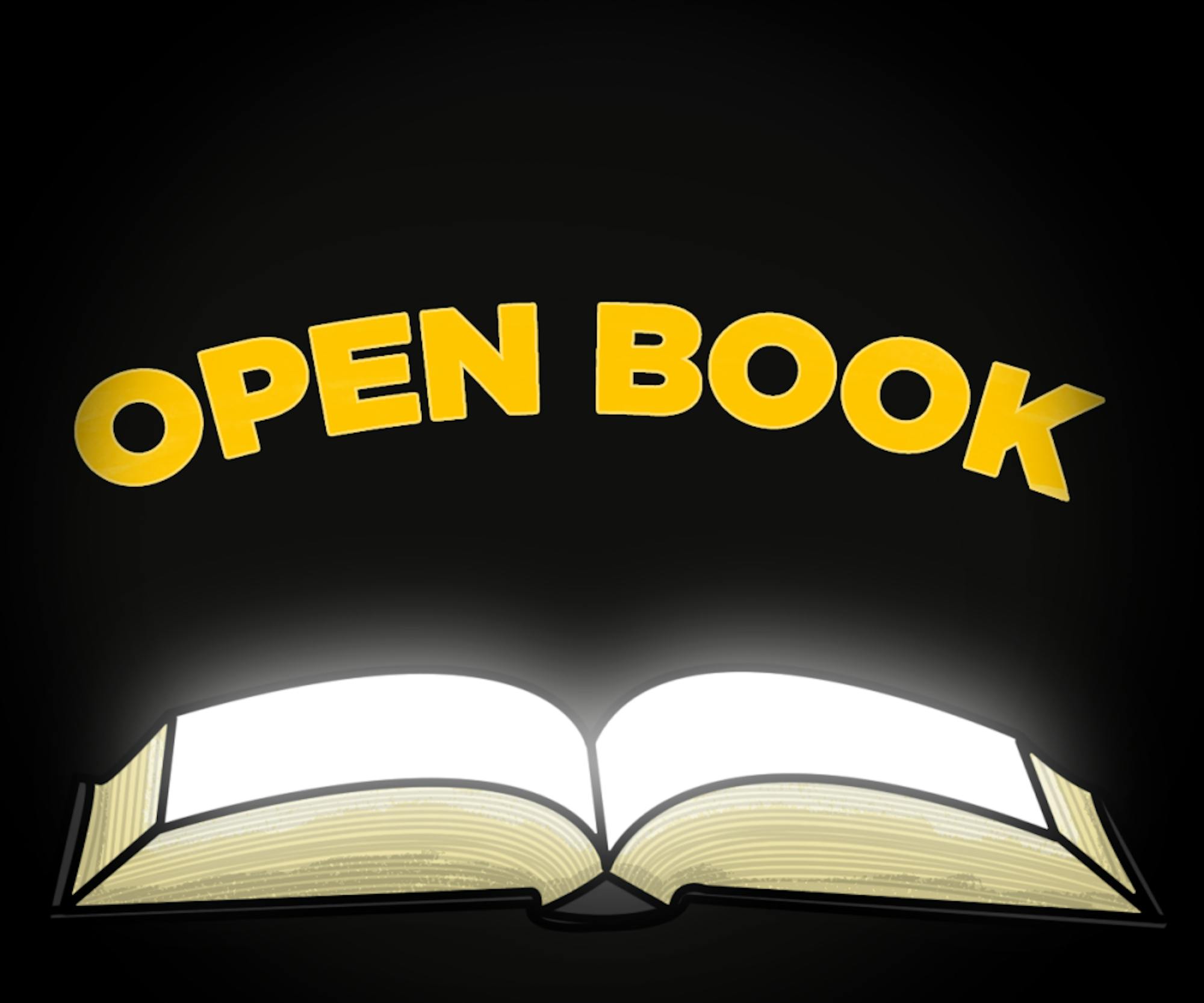A year ago, an open-book test was thought of as a great privilege — a sort of breath of fresh air from the tedium of constant memorization.
Then, everything changed.
As COVID-19 spread, our methods of learning had to adapt.Zoom became a staple of many institutions, and unproctored tests became commonplace in the absence of a viable alternative. However, many instructors realized that an unproctored test with conventional regulations would yield astronomically higher rates of academic misconduct, and thus opted for an entirely different route: open-book tests.
And honestly, in many cases this route is much better.
The beauty of these open-book tests is their unorthodox approach to a worthwhile objective — rather than testing a student’s ability to regurgitate information, these exams measure an individual’s ability to apply said information. As a result, students are compelled to understand the material to a much fuller extent than they would on a test based on solely the recollection of information.
I must note, though, that this is by no means a one-size-fits-all proposal. For example, my primary areas of study in biology and chemistry require sufficient knowledge — and memorization —of a wide breadth of subject matter to be successful in such fields. In courses like these, a closed-book test is far more effective in evaluating a student’s skills and comprehension of a subject, as it examines one’s ability to quickly and accurately pull and synthesize information from various topics to formulate an answer. It is far more important in professions involving subjects like these to proficiently recall specifics in addition to having various applications of said specifics; in these cases, memorization is an integral part of understanding.
However, in subjects like physics, engineering or many of the liberal arts — where it is rare to find a simple answer to a problem in one’s notes —open-book exams allow students greater opportunity to show their comprehension of concepts. By allowing individuals to look at their textbooks or notes, an instructor can more effectively test the applications of knowledge and students’ analytical and problem-solving abilities, instead of their capacity to recall minutiae. Furthermore, students who are engaged and thorough in their note-taking are given an advantage: a chance to show their diligence in an exam-taking environment. Making open-book testing a norm would spur the creation of exams that emphasize inventive applications of a subject’s learning objectives to reach a solution; these types of problems better promote critical thinking than surface-level questions designed to check information retention rather than understanding.
It is understandable to raise concerns about the academic integrity of unsupervised open-book tests. However, in a controlled environment, such as an in-person exam room, it is extremely difficult to dishonestly share answers without the notice of a proctor. Thus, although a student has all of their information in front of them, their understanding of the information is still theirs and theirs alone. Courses could require that students solely bring their own work and submit copies of their notes along with the exam to maintain individual accountability. Even though, at the moment, it may be difficult to monitor students to make sure they’re acting alone, in a future with no masks or distancing, it would be far more feasible to effectively implement an honest open-note evaluation.
In addition, open-book tests would not discourage learning and engagement, as some may fear. In a time-sensitive environment, continually consulting a textbook to navigate unfamiliar material would prove inefficient. Students would still have to earnestly study course material and understand it in great depth in order to apply it on an exam. Even with a wealth of knowledge available, students would have to be intelligent, agile consumers of information to identify the salient content for composing responses and solutions. While notes and textbooks provide helpful support, they would not supplant deep learning.
Although not the case for every subject, a shift toward primarily open-book examinations would prove extremely beneficial for students and instructors alike. Students are tasked with developing a more thorough comprehension of a concept, leading to more advanced, practical and application-based skills. From this, instructors can more effectively gauge a student’s proficiency in a field by measuring their true fluency in a subject rather than their ability to recall vast reserves of information in a 90-minute period — a scenario with limited analogues in the professional world. Additionally, a student who does well in an environment where they can access their material gets rewarded for their attentiveness and engagement with the material throughout the semester, rather than for a last-minute cram session that prioritizes short-term retention at the expense of long-term outcomes.
There are many practices that most people would like to leave behind with the pandemic when the time comes. However, open-book testing, in many cases, should not be one of them, due to its promotion of far more critical and analytical minds — the minds our generation needs to succeed in the future.






